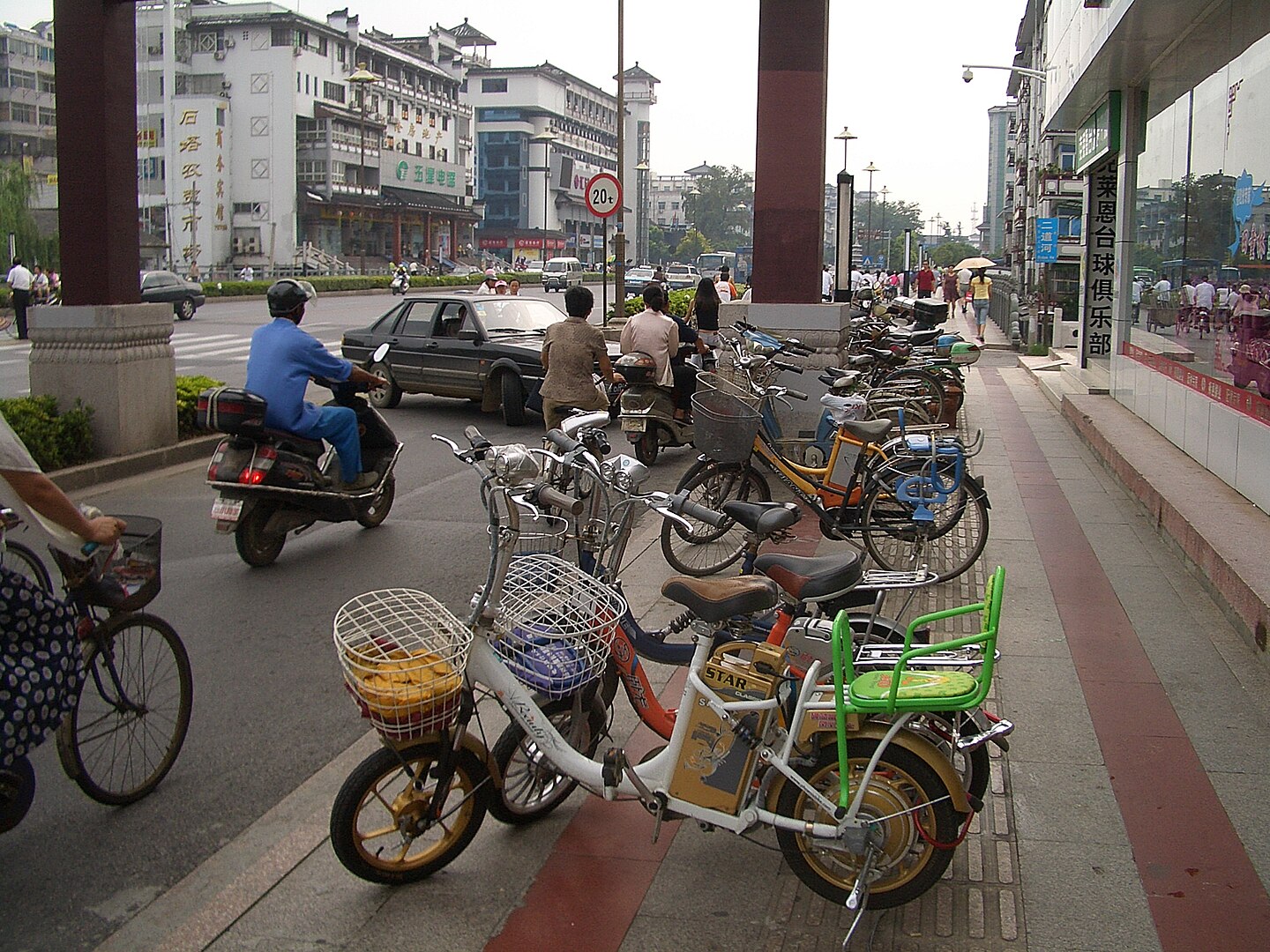 BBC News
BBC NewsBorrowing was £17.4bn last month, the second highest October figure since monthly records began in 1993.

Dinesh Dhamija
It’s now a decade since Tesla launched its Model S in the UK – the first battery-powered luxury car to reach the market – and there are now just over 1 million all-electric models, of all brands, on British roads. EVs are a common sight.
What’s coming next? Rather than more Teslas, Nissan Leafs, VW ED-3s and Kia e-Niros, a new wave of cheap, mass-produced Chinese EVs is on its way. The highest number of electric vehicles produced by any company in the world is no longer Tesla, it’s the Chinese manufacturer BYD, which sold three million vehicles in 2023 and already has the capacity to make four million per year. It’s developing a new factory in Hungary to serve the European market, alongside others in Brazil, Thailand and Uzbekistan, with further plans for Mexico (to attack the vulnerable US market) and Indonesia.
Just a couple of weeks ago, BYD launched a new plug-in hybrid model that had a good all-electric range and costs just £10,000. The company now plans to flood global markets with its vehicles, just as low-cost Chinese toys and electronic goods have proliferated for years. “The price will make petrol car assemblers tremble,” said BYD on the Chinese social media platform Weibo, as it launched its new model.
It is not just the traditional carmakers that are trembling. Apple just announced this week that it is discontinuing its electric car making efforts, after spending billions on development and promising in 2020 to launch a model in 2024 or 2025. Even Tesla has scaled back its investment, faced with rising interest rates and softening demand. Things are even tougher at the traditional automakers: Ford reportedly lost more than $64,000 on every EV that it sold in 2023 and has delayed opening new battery plants, while GM has also had a troubled EV production history. All the big US manufacturers make their profits from selling pick-up trucks and SUVs. They are desperately trying to create EVs to compete with Tesla and the coming tide of Chinese electric vehicles, but it may already be too late. The same applies in Europe.
Looking at the big picture, more EVs should be a good thing. They will hasten the spread of charging infrastructure, bring down the overall costs for consumers and make electric transportation available to the general public. But for the next few years, there could be a virtual bloodbath in the auto industry, as conventional market models are turned upside down.
Dinesh Dhamija is a renewable energy investor and entrepreneur. He owns a solar energy and hydrogen business in Romania. Earlier, he founded, built and sold ebookers.com and served as an MEP. His latest book The Indian Century has just been published.